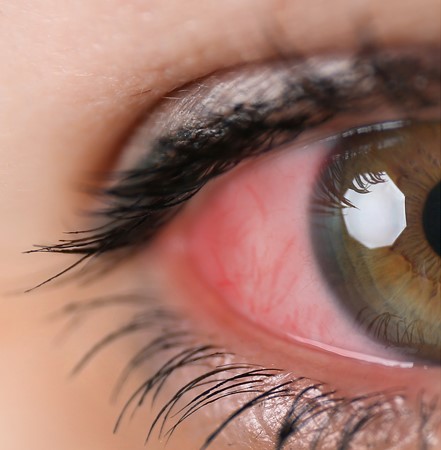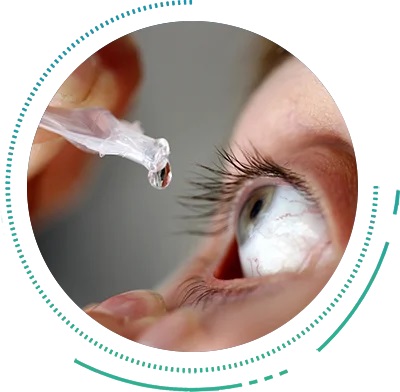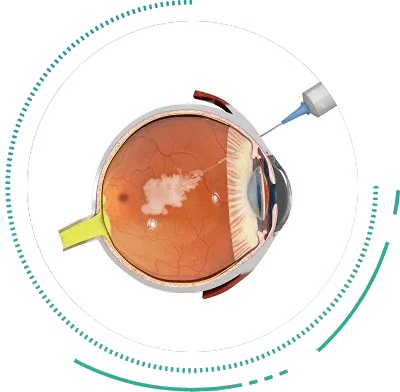UVEA & Ocular Inflammation
SAVE YOUR SIGHT FOR THE FUTURE
What is Uvea
The uvea plays an important role in the normal functioning of the eye. The iris, the ciliary body and the choroid is called the uvea. The iris provides the eye with oxygen and nutrients; it acts as a shutter, controlling the amount of light entering the eye and also contains muscles that help the eye to focus
Uveitis is the inflammation of any part of the uvea and the symptoms are light sensitivity, blurring of vision, pain, redness of the eye and floaters. Causes of uveitis include infections, Immune-related diseases like rheumatoid arthritis, psoriasis, ankylosing spondylitis, Reiter’s disease etc, severe injury to the other eye and also due to some unknown causes.

HOW DO I KNOW IF I HAVE UVEITIS ?
Symptoms







Causes Of Uveitis
uveitis can result from a trauma to the eye, such as being hit in the eye or having a foreign body in the eye. It can also be associated with general health problems such as
 Rheumatoid arthritis
Rheumatoid arthritis Syphilis
Syphilis Tuberculosis
Tuberculosis Sarcoidosis
Sarcoidosis Viral infections
Viral infections Unknown cause
Unknown cause- Some of the other risk factors include autoimmune disease.
HEALTHY EYES FOR CLEAR VISION
Uveitis Treatment
Treatment for Uveitis will depend on which areas of the eye are affected and what has caused the condition.
Topical Medications
Several drugs are available for the management of noninfectious uveitis including corticosteroids, immunosuppressive agents, and more recently biologics. The treatment of uveitis is evolving with newer drugs and innovative advances in ocular drug delivery. This is due to better understanding of the pathophysiology of disease and barriers in drug delivery.
Topical corticosteroids are used in the treatment of anterior uveitis.


Intravitreal medications
Intravitreal medications have become a popular mode of drug administration in uveitis patients as they provide high volume of drug to the target tissues, eliminating the risk of systemic toxicity. There has been tremendous development in the intravitreal therapeutics over the last few years. With the advent of sustained-release technique, increasing patient compliance, biodegradable nature of the implant, and introduction of newer agents with better safety profile, the intravitreal medications have become more popular in recent years.
Our Uvea Specialist
Dr Shekhar Sanghi, is a Vitreo-Retina and Cataract specialist at Shekhar Eye Centre.
He has completed his MBBS and MS from the University College of Medical Sciences, Delhi. He did super-specialization in Vitreo-Retina and completed his fellowship in Vitreo-Retina surgery (FVRS) from Aravind Eye Hospital, Madurai 2014-2016 (the world’s largest eye care provider)
He then joined as an Consultant at Ratan Jyoti Netralaya, Gwalior.
He worked as a Vitreo-Retina and Cataract consultant at Sankara Eye Hospital, Anand, Gujarat for 2 years.
He has been practicing as Vitreo-Retina and Cataract consultant in Delhi for more than 3 years at some of the reputed eye institutes – Centre For Sight and Eye 7 Chaudhary Eye Centre, Daryaganj.
Monday - Saturday
10:00 am to 06:00 pm
Contact us
011-35614362 ,+91 93 122 65648
shekhareyecentre@gmail.com

